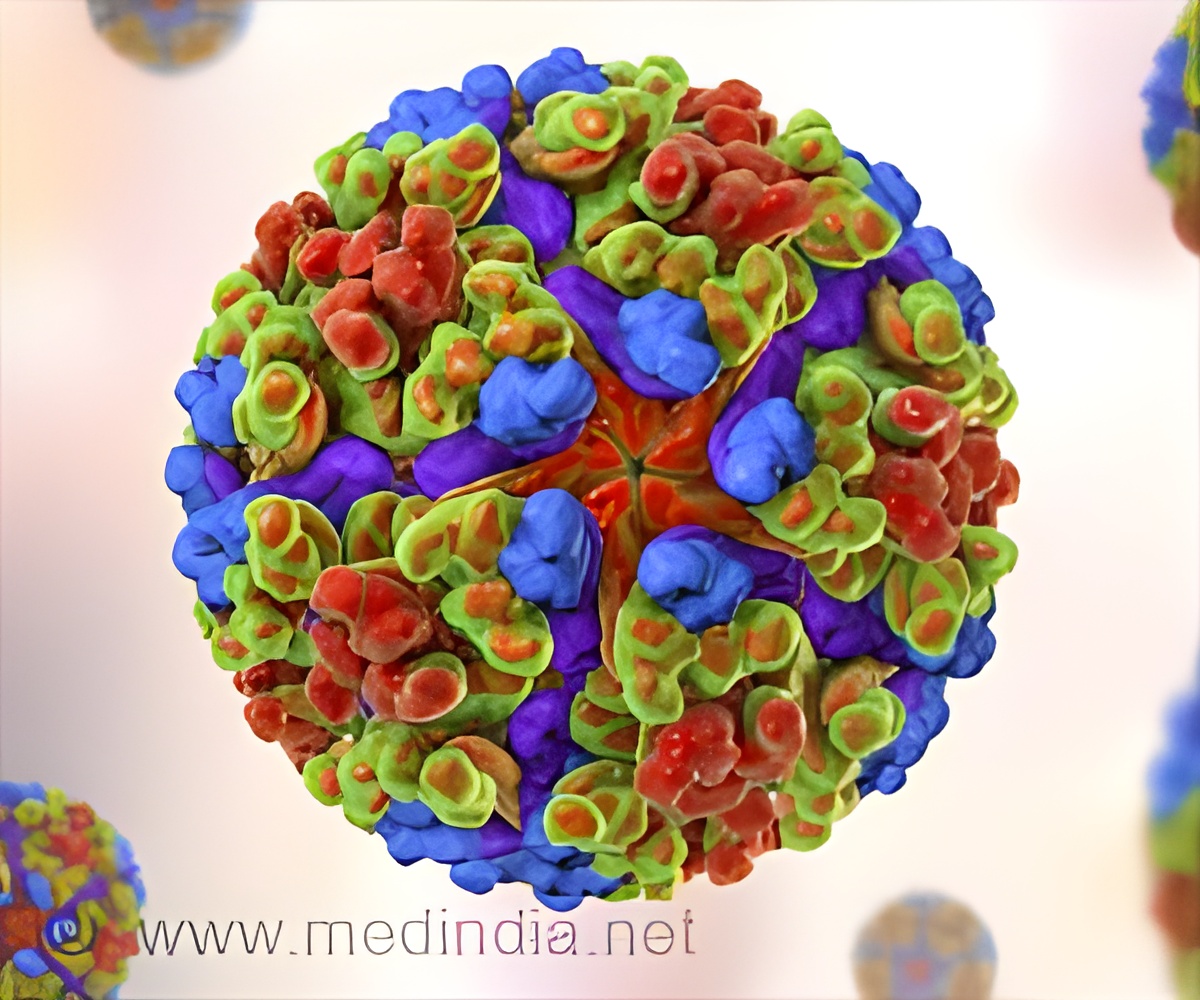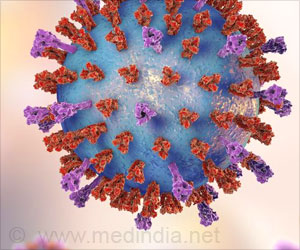Lung-resident alveolar macrophages act as antigen-presenting cells to prime CD8+ T cell expansion in the lungs in response to viral infection.

‘CD8+ T cells confer protective immunity against infection with respiratory viruses, such as influenza A virus (IAV) and severe acute respiratory syndrome coronavirus 2 (SARS-CoV-2), by killing infected cells.’





“Multiple cell types can present antigen to CD8+ T cells in the lungs, although the role of tissue-resident macrophages in this process is unclear,” explains Takumi Kawasaki, lead author of the study. “AMs are the first cells in the lungs that encounter infectious materials, environmental particles, surfactants, and dying cells, and they are important for the host defense against bacterial and fungal infection, so we suspected that they were also important in protecting against respiratory virus infection.”
Macrophages Help CD8+ T Cells Go Anti-viral
To test this, the researchers explored the mechanisms by which APCs instruct antigen-specific CD8+ T cells in the lungs. First, mice were primed by vaccination with a specific antigen or infection with IAV, and then they were subjected to secondary immunization or re-infection.“We determined that antigen-presenting AMs present inhaled antigen to memory CD8+ T cells,” says senior author of the study, Taro Kawai, “and that this resulted in a rapid expansion of antigen-specific CD8+ T cells in the lungs.”
Furthermore, the researchers found that AMs help to develop resident memory-type cell population by producing interleukin 18. Importantly, administration of antigen-loaded AMs to mice induced the proliferation of resident memory-type CD8+ T cells.
“This strategy may improve the efficacy of CD8+ T cell-dependent cellular immunity,” says Kawai.
Given that the lung is a major tissue for IAV and SARS-CoV-2 infection, the findings from this study regarding the mechanism of lung-resident memory CD8+ cell expansion are expected to lead to the development of new vaccines that induce cellular immunity. Virus-specific antigen-presenting AMs could be delivered as a type of ‘cell transplant vaccine’ in the future.
Advertisement













